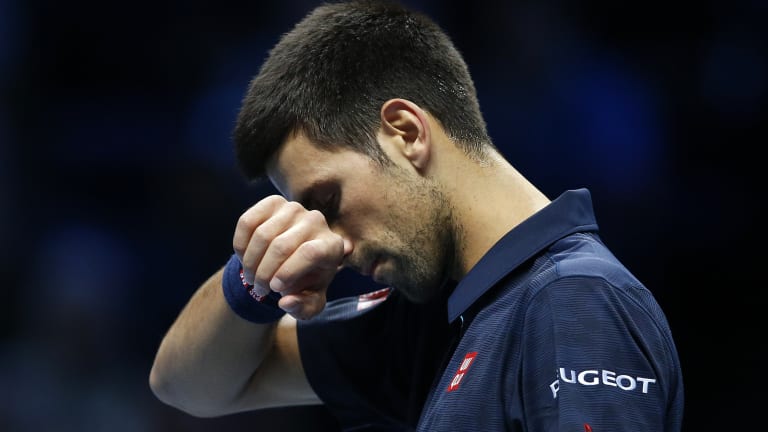What's next for Djokovic as uncertainty continues to surround him?
May 05, 2017Social
Mirra Andreeva did, in fact, put Andy Murray's famous complimentary tweet in a frame
By Apr 26, 2024Madrid, Spain
Ready (in) '24: Tommy Paul turns injury break into clay-court training bloc, aims to peak at Roland Garros
By Apr 26, 2024Madrid, Spain
Carlos Alcaraz begins Mutua Madrid Open title defense, defeats Alexander Shevchenko
By Apr 26, 2024Defending champion Sabalenka advances at Madrid Open with a 3-set win over Linette
By Apr 26, 2024Pop Culture
New movie Challengers asks: Where does tennis take us?
By Apr 26, 2024Madrid, Spain
Aryna Sabalenka defeats Magda Linette, begins Mutua Madrid Open title defense
By Apr 26, 2024Social
Shelby Rogers dishes on the viral social media video that went all the way to Will Smith
By Apr 26, 2024Open Up: A Player Portrait
Grigor Dimitrov’s open heart is a driving force behind his career renaissance
By Apr 26, 2024Travel
Destination Tennis: Owl’s Nest Resort
By Apr 26, 2024What's next for Djokovic as uncertainty continues to surround him?
The Serb, in a shocking move, parted ways with his team on Friday
Published May 05, 2017
Advertising
Advertising

What's next for Djokovic as uncertainty continues to surround him?
© AP